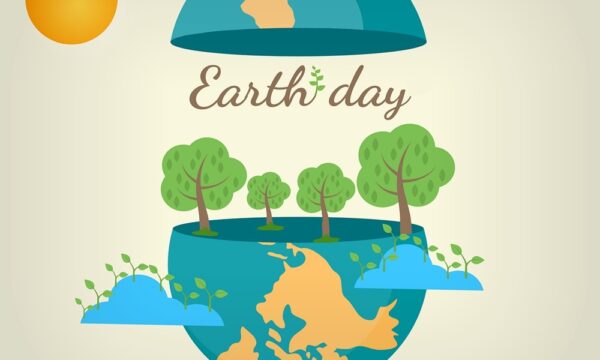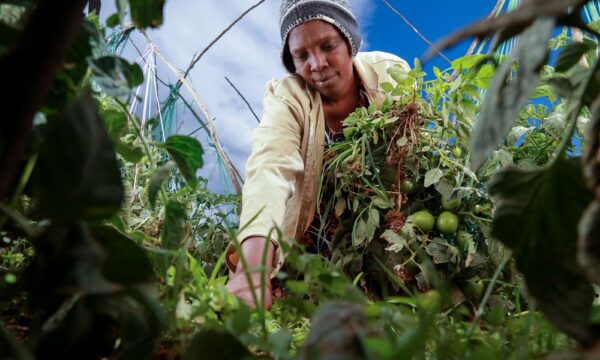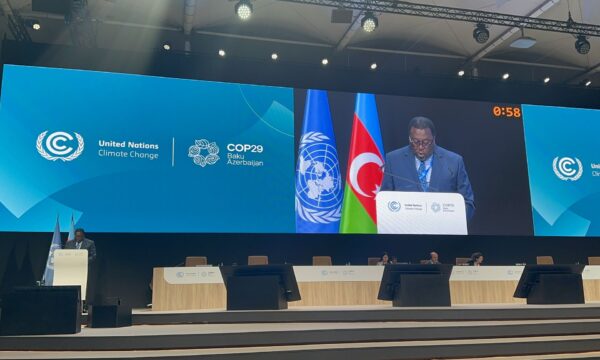One of the implications of all this energy we waste to swap coffee and wheat
is that we’re giving climate change a helping hand. The contribution made by
today’s food production systems to climate change globally will have tremendous
impacts on the food it produces in the future. So this week, in a document much
less concise that Peter Baker’s BBC article, the FAO released ‘Climate
change – Implications for Food Safety.’
Anyone who enjoys regular access to CAB
Abstracts and its sister database, Global
Health will be aware that there is nothing that foodborne diseases like
better than the climatic conditions heading our way thanks to climate change.
Also, given that the viral and bacterial pathogens that cause us so much concern
in the food chain can evolve tolerances at rates far superior to ourselves, they
have a distinct advantage over us in the face of climate change. It’s only
natural to expect the fight against foodborne diseases to become a regular
feature of the databases of the future.
And on the subject of the future, lying somewhere somewhere between the
replication time of Salmonella and the extinction of the polar bear (but
mercifully closer to the former than the latter), we at CABI are eagerly
anticipating the arrival of a new database subset. Environmental Impact will
host the world’s information on climate change; including the potentially
devastating effects on the food chain.
Related News & Blogs
Biodiversity loss: How can we reclaim our landscapes from threats to biodiversity?
On 22nd May, we mark the International Day for Biological Diversity. In this article, CABI’s Global Director for Invasive Species Dr Hariet Hinz looks at how we can reclaim our landscapes from threats to biodiversity. Biodiversity loss is proceeding at…
22 May 2025




